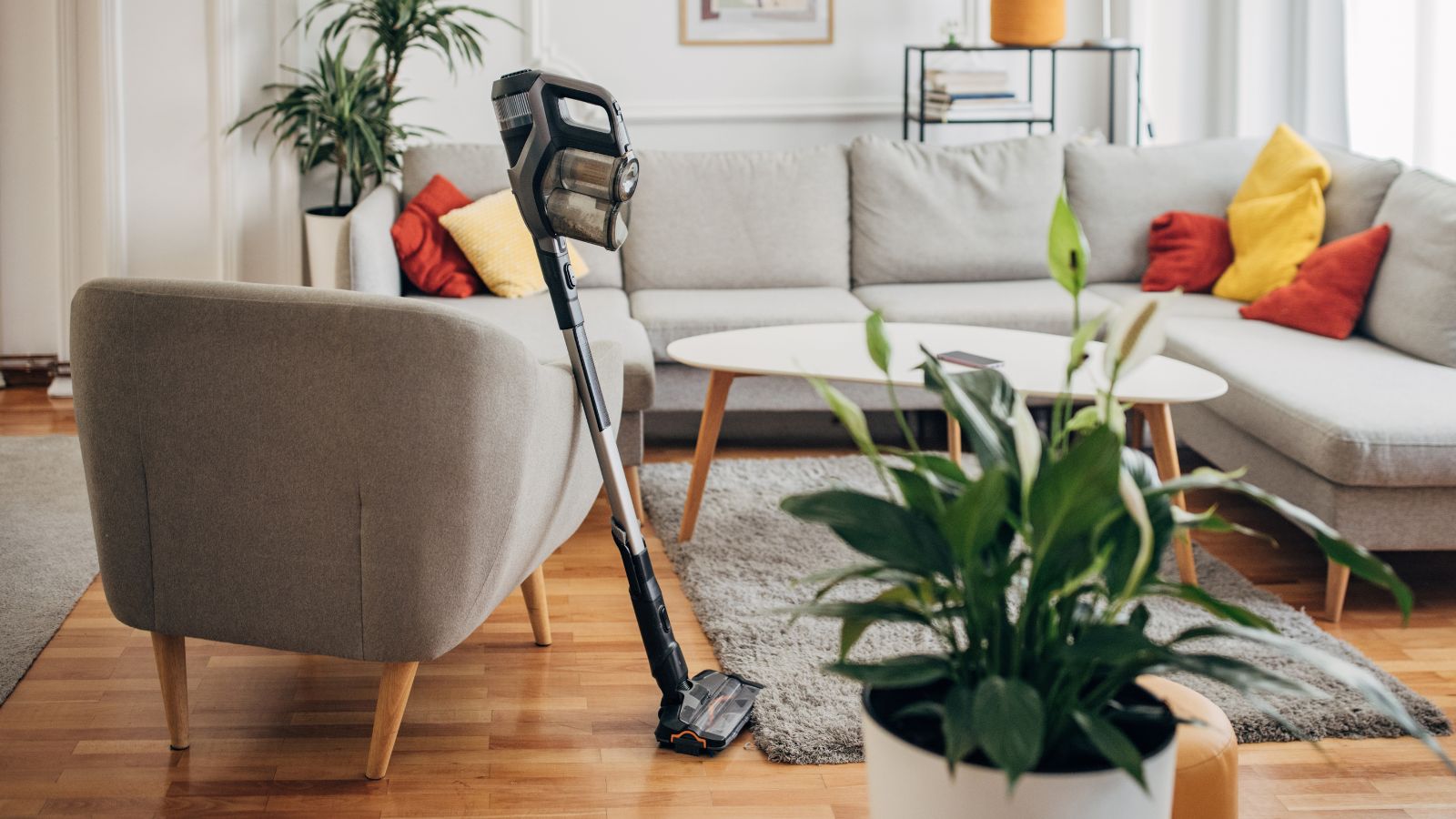
Choosing the right vacuum cleaner can be tough as there are so many on the market. New cordless, upright and robot vacuums are being released frequently throughout the year, with countless features and specs to consider.
Finding the best vacuum cleaner involves understanding clearly what your home needs. Bigger homes might need a sturdy upright model, while homes with pets might benefit from an anti-tangle cordless vac. Open-plan apartments would benefit from a robot vacuum cleaner, while wet/dry vacuums are great for multi-use cleaning.
As Homes & Gardens' home tech editor, I write about vacuums daily and I've spent 100+ hours testing 19 of them across all the different types. I know how they work and what makes a vacuum or brand worth the money. There's lots to consider, so I've detailed exactly what you need to know and consider when choosing your next vacuum cleaner.
How to choose a vacuum cleaner like a pro
I also caught up with cleaning and appliance experts to get into the specifics of what to consider and why it's important to do so to add their voices to mine for a fully robust guide.
1. Vacuum type
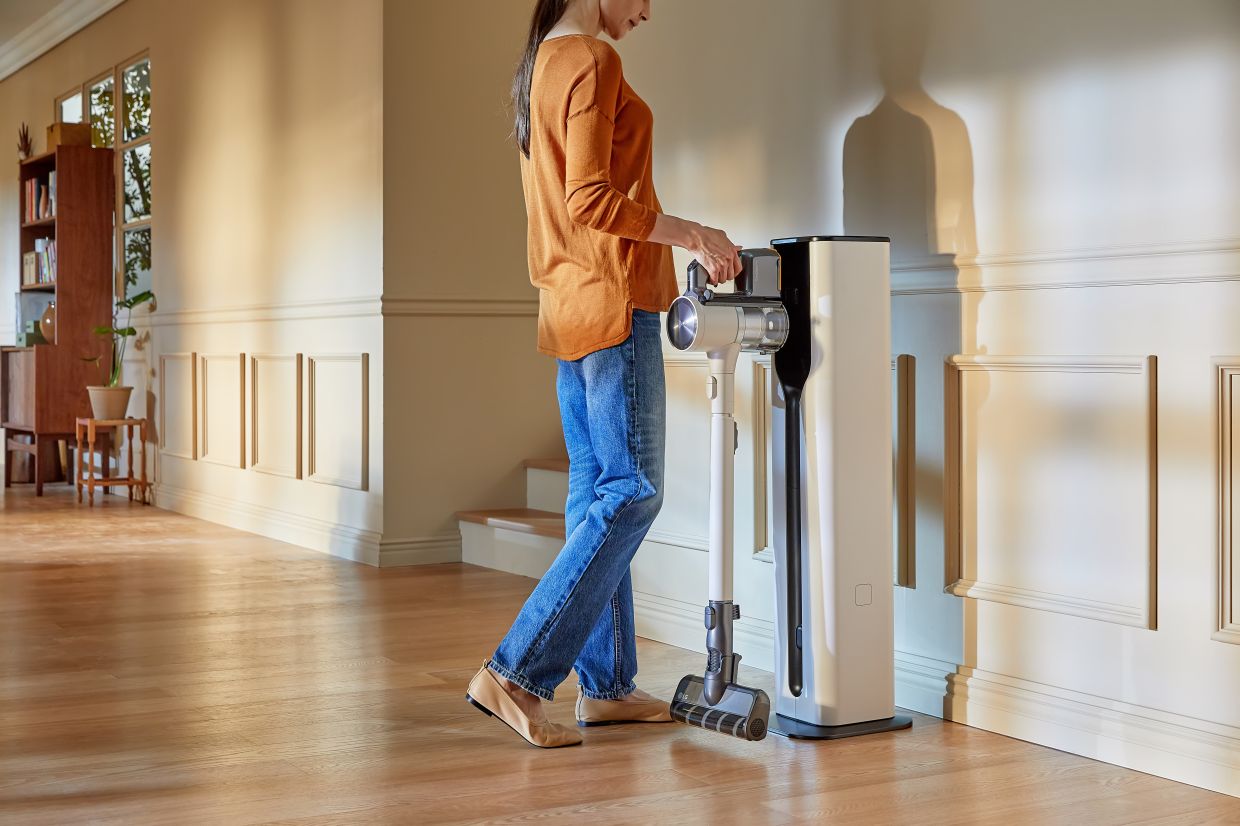
You can choose from the following types:
- Cordless: Typically lightweight stick vacuums with rechargeable batteries, freeing yourself of the power cord while vacuuming. They have a typical max run time of 30-40 minutes.
- Upright: Larger and (usually) corded vacuums, often offering higher suction power, dustbin capacity and floorhead width, as well as not being limited by battery life.
- Robot: Small, automated devices that do the cleaning for you, but generally don't clean as well as cordless or upright vacuums. They will not cover stairs either.
- Wet/dry: Durable vacuums that can clear both dry and wet messes, often with separate containers for debris and liquids. They can be heavy.
- Canister: Easily maneuverable vacuums where the motor, filer and dustbin are housed in a separate canister, with a hose connecting to the floor head.
These are the most common vacuum cleaner types but there are still variations within them. For example: you can buy corded stick vacuums (like the Shark Stratos Corded Stick), and there are cordless uprights (like the Hoover ONEPWR Evolve Pet Elite at Amazon).
But the types listed above are the most common for a reason. The light build of stick vacuums pairs well with the freedom of cordless movement, just as upright vacuums' larger dustbins, floorheads and suction power require a consistent, high-wattage power source.
Cordless sticks are the popular choice these days for the convenience they offer. The best cordless vacuums can almost match the suction power of upright vacuums, and often come with useful features like automatically adjusting suction power based on your floors' dust volume.
They're also easier to use, carry and store, and come with attachments that can transform it into a handheld vac, a crevice cleaner, a pet hair tool, a car vacuum and much more. They take up less space and usually come with wall mounts, making them an easy choice for quick, regular cleans.
But the best upright vacuums aren't limited by battery life, and their bigger dustbins mean you won't be emptying them as often. They're often the preferred choice for homes with pets or carpets thanks to their powerful suction and strong floorheads, but modern cordless models are now catching up to them (their cordless counterparts do tend to cost more, though).
When comparing upright vs canister vacuums, uprights are the more convenient option thanks to their self-contained design, while canister vacuums offer more versatile cleaning, as the vacuum is housed in a separate canister giving you more flexibility. Many canister vacuums like the best Miele vacuums are known to be some of the most durable, too, lasting for 10+ years.
Wet/dry vacuums are traditionally used more by contractors and professional cleaners, but they're becoming a more popular household choice. This is because there are more things you can clean with a wet/dry vacuum, thanks to the ability to clean both liquid and solid messes.
The best robot vacuums can clean your home for you and many of them double up as a mop. They do this by building maps of your home and usually live in a charging station that can also self-empty the robot. They're expensive however, and even the best ones won't do all of the vacuuming for you, you'll still need a regular vacuum.
2. Filter
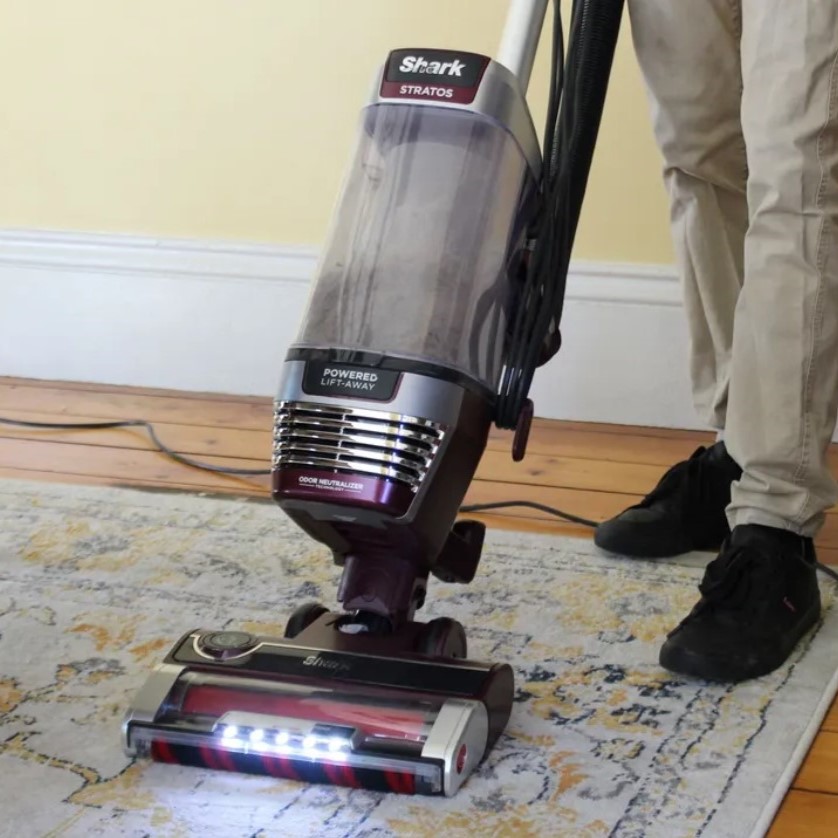
If anybody in the house suffers from allergies, you'll need one of the best HEPA vacuums. HEPA filters are capable of trapping 99.97% of small particles down to 0.3 microns in size, and the filters have very fine fibers to be able to do so. This will trap many of the common household allergens like dust, dander and pollen that trigger symptoms and allergies, as well as exacerbating lung and skin conditions.
'Don't underestimate the value of a good HEPA filter,' says Nick Valentino, VP of Market Operations of Bellhop. 'Its ability to deal with smells and allergens can do a lot to make a space feel much cleaner to be in, even if a vacuum with a lesser filter would pick up just as much dirt.'
A vacuum cleaner could have super powerful suction, but if the filter isn't fine enough then many of these particles will recirculate back into the room, often becoming airborne which can trigger allergies after vacuuming.
Trapping odors is important when you're not using your vacuum. Modern vacuums, particularly cordless models with self-empty stations, will be out in the open, and not having a HEPA filter will release these smells and allergy triggers back into your home.
Watch out for wording such as 'HEPA-style' and 'HEPA-like' filters, as these won't have met the standards to be certified as true HEPA.
3. Suction power
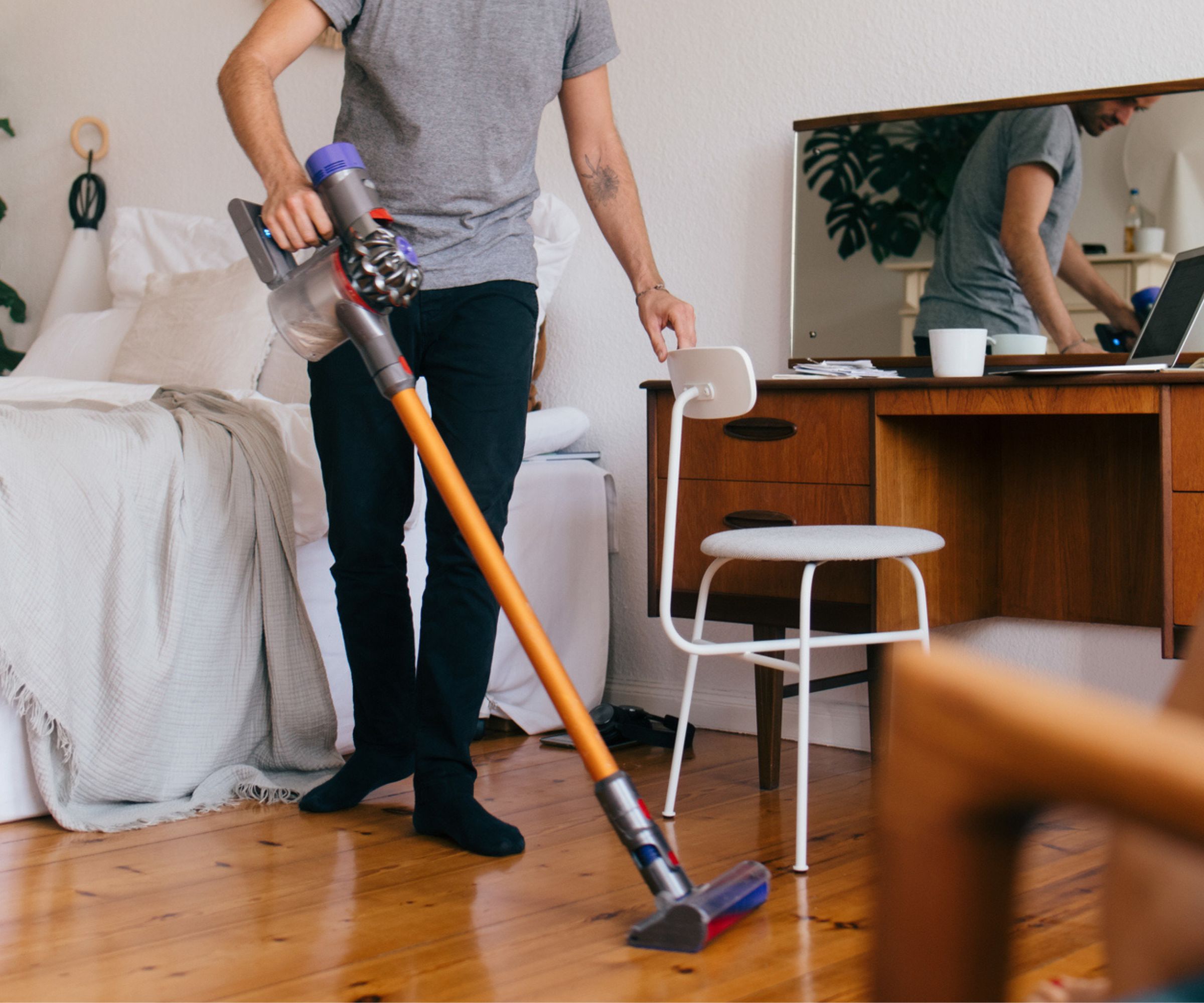
'Suction power is what dictates how well a vacuum can lift dirt and other particles off surfaces,' says Brian Davis, cleaning expert and a waste management specialist at HandyRubbish. 'The deeper the suction power, the better the cleaning of carpets. Adjustable settings should work optimally on other floor types,' he adds.
This is true for homes with both carpets and hard floors, as you'll need to change suction power for different floors. Look out for vacuums that detect floor type and adjust automatically.
'Suction power is super important, especially if you have high-traffic areas in your home or lots of thick, plush carpeting,' says Anh Nguyen, product analyst and founder of Print My Rugs. 'Too much suction can actually make it difficult to control the vacuum on more delicate surfaces, like hardwood floors or area rugs.'
Suction power is either measured in air watts (AW) or watts (W). Air watts is an accurate reflection of a vacuum's suction power, taking into account the actual airflow going through the appliance, while wattage only reflects the power used by the appliance to generate airflow. A vacuum with a high wattage doesn't necessarily have high suction power, but often it can give an indication of how strong the airflow will be.
The best vacuum cleaner we've ever tested is the Dyson Gen5detect, which has a suction power of 280 AW. This vacuum doesn't have the highest wattage of every vacuum we've tested, but thanks to the vacuum's design and cyclone motor it has the strongest performance.
4. Size
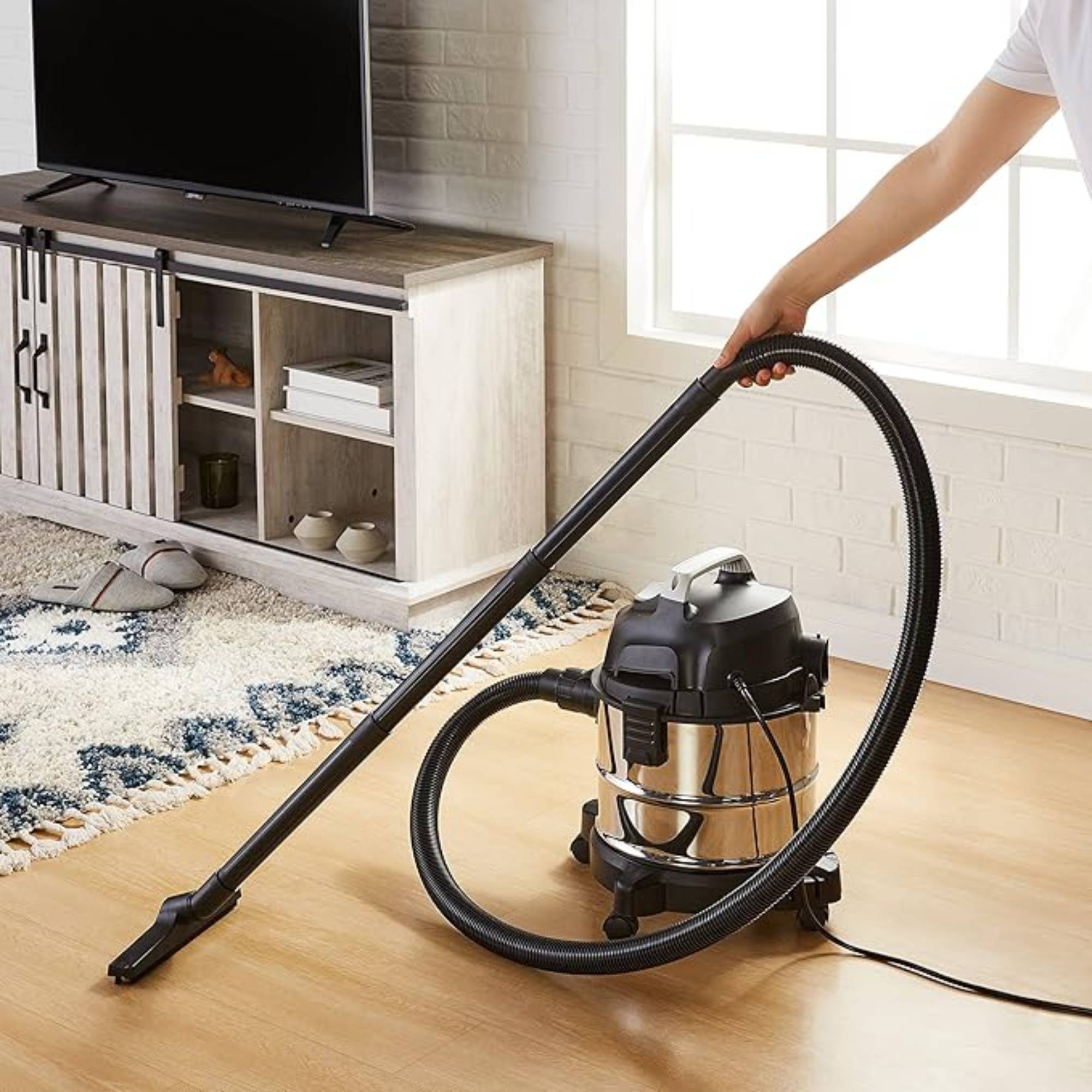
Finding the right size vacuum cleaner depends on the size of your home and how much storage you have.
'A lightweight and compact design makes a vacuum easier to handle, more so when using it on stairs or cleaning tight spaces,' Brian explains, while larger models provide more capacity.
Cordless stick vacuums are the smaller, lighter option, ideal for frequent cleaning and smaller homes. But with smaller size comes smaller dustbins and, as they're limited by battery life, they're not always the best at tackling whole, large homes. You can usually buy extra batteries for cordless vacuums so that you can swap them out midway through the clean.
But extra batteries come at a cost, and upright vacuums are the better value choice for larger homes. They usually have bigger dustbins and wider floor heads too, so can handle your home more efficiently. They do take up more space, though, so be mindful of your storage space when deciding.
5. Pet hair
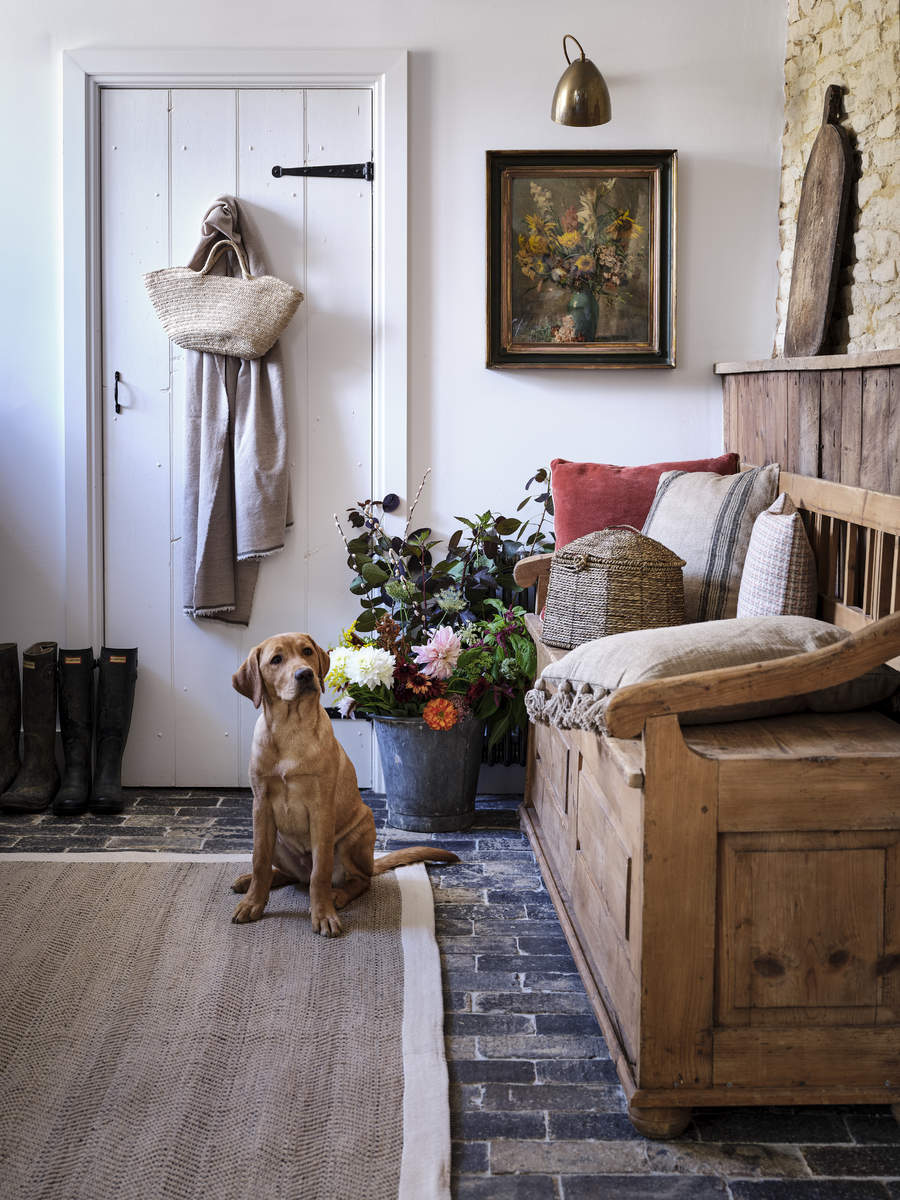
The best vacuums for pet hair will be able to keep up with the endless shedding of your pets' fur, as well as be able to trap odors and allergenic particles and be easy to clean.
An anti-tangle brush roll is essential. Without it, you'll be spending a lot of time manually removing wrapped hair from the floor head and the dustbin or motor. Strong suction and a HEPA filter are also non-negotiable to make sure you're capturing and trapping all particles.
You can look for models that have the best vacuum attachments for pet hair, like the Tineco Pure One Station FurFree which comes with a 'ZeroTangle' brush and a FurFree Kit for pet grooming.
On test, the best option is the Dyson V15 Detect. Its excellent suction, anti-hair wrap, super-fine HEPA filter and specialized attachments make it a powerhouse when vacuuming fur from any surface.
6. Attachments
More generally, a key part of a vacuum's performance is the set of attachments that are included. Not everybody needs the same ones, so it's a good idea to brush up on what all the vacuum attachments do to understand which ones will be best suited to your home.
The crevice tool, upholstery tool and dusting brush are the most common attachments you'll get and they should cover you for most cleaning tasks around the house. But if you're a pet owner, it'll help to have a motorized pet brush tool that can pull hair out of cat and dog beds, and if you're often cleaning in hard-to-reach areas like behind furniture and appliances, an extension wand will make things easier.
The best cordless vacuums tend to come with the most versatile set of attachments. The vacuums can be taken apart and reconfigured to suit different cleaning tasks, like when vacuuming cars and stairs or reaching above the head when cleaning curtains.
7. Floor type
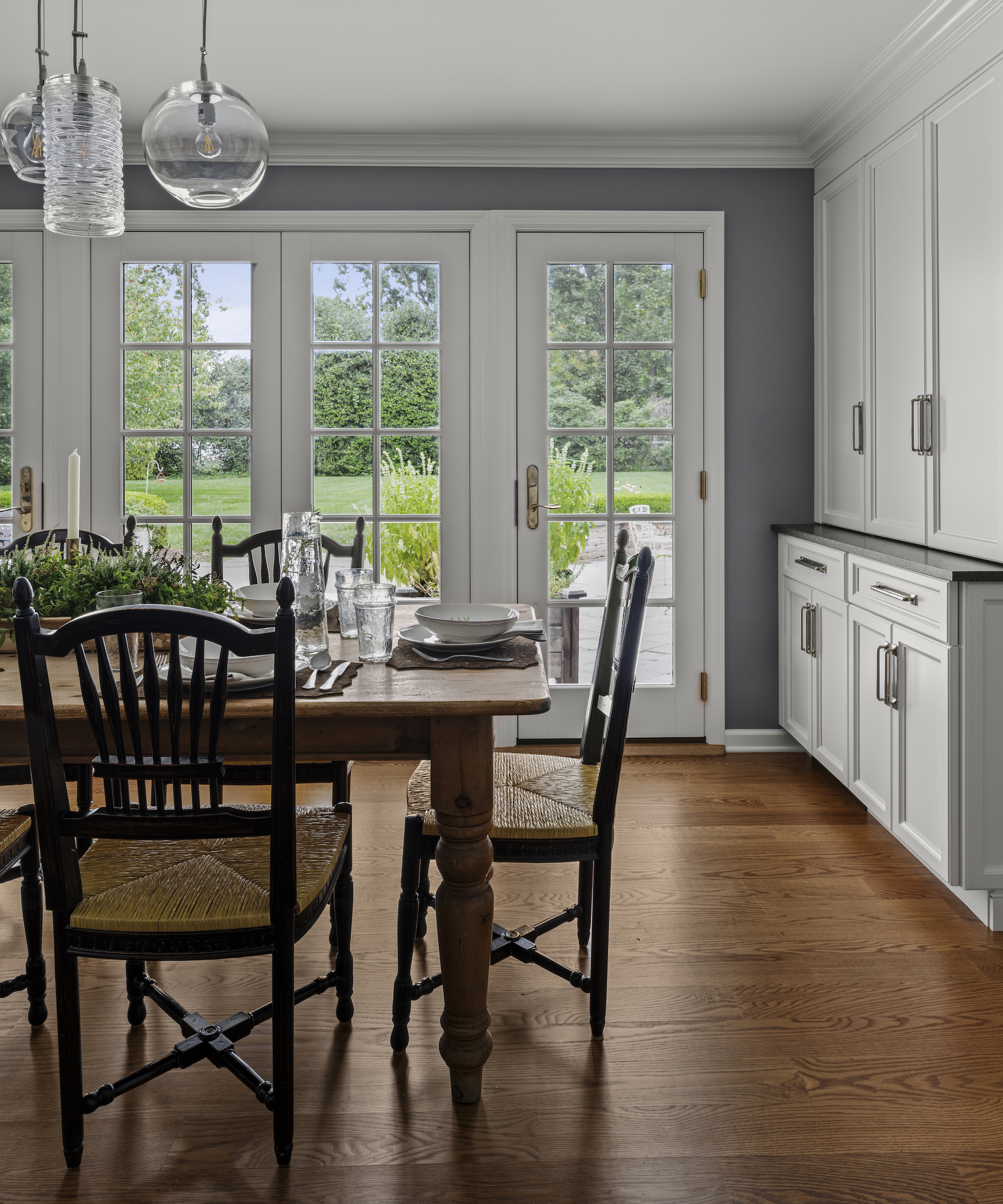
The types of floors you have across your home should dictate what vacuum you go for. If your home has lots of carpets or rugs, you'll need a vacuum that has a motorized floorhead with sharp bristles as these are the most effective. Dirt and dust attach to carpet fibers more stubbornly than on smooth surfaces, so the best vacuums for carpet can remove these particles even on thick-pile carpet.
If your home has mostly hard floors, particularly ones with delicate surfaces like wood or tile, you'll be better off choosing a vacuum with a soft brushroll. Hard floors don't need to be vacuumed with sharp, brushed floorheads as particles are picked up more easily by the suction. The best vacuums for hardwood floors have gentle floorheads with fewer sharp edges to prevent causing damage, and the soft brushroll can capture many of the super-fine particles that are difficult to vacuum on carpet.
You can get multi-surface vacuums, too, like the Shark Cordless PowerDetect with its dual-brushroll floorhead. It uses both a soft roller and a bristled one to clean effectively across every surface, without you having to swap the attachments out each time you move onto a different floor.
8. Cost
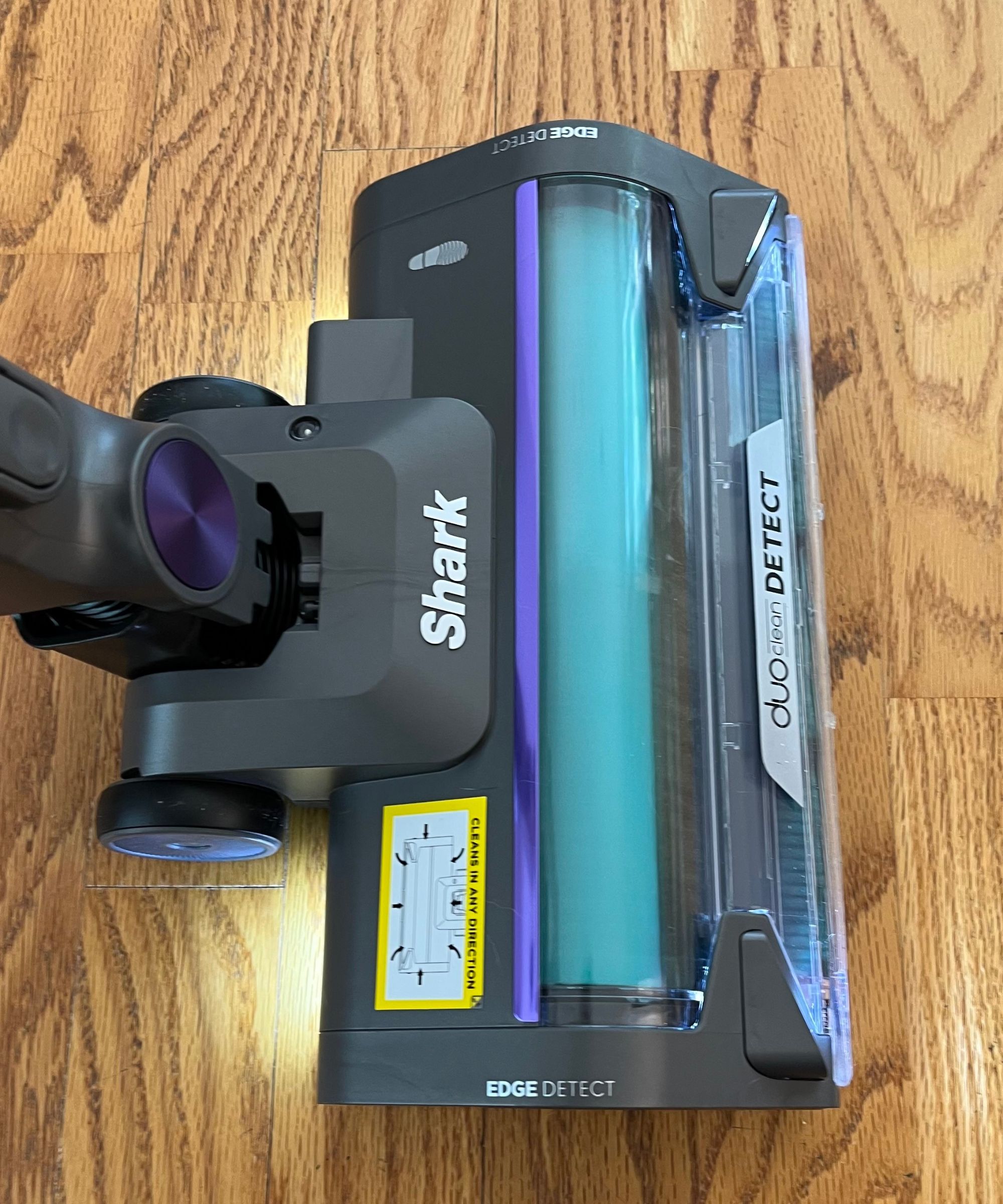
Finally, consider how much you're willing to spend. Your budget will dictate what models and features are available to you. Generally, the more you spend, the better the vacuum. But, if you're not keen to spend $600+ (how much the best ones cost), you can still get more-than-capable vacuums at a reasonable price.
Upright vacuums usually offer the strongest performance for the best price. Canister vacuums share similar cleaning performances but can cost a little more. Cordless vacuums can range anywhere between $200 and $1,000, and if you're looking to match the suction of a corded vacuum, you can expect to pay anything above $500.
For value for money, we recommend Shark's vacuums. They're not quite as good as Dyson's bests, but they're still great on all floor types, and come with thoughtful features that make them easy to use. The Shark POWERDETECT Upright for example costs just $299.99 – around half the price of Dyson's best cordless models.
As Brett Bennett, director of operations at PURCOR Pest, puts it, 'I do recommend taking cost into account, since with vacuums you do tend to "get what you pay for." It's good to see this type of high-use appliance as an investment.'
Spending that little bit more to get a good vacuum cleaner will make a huge difference at home for years.
FAQs
What determines a good vacuum?
Strong suction, tight filtration and effective attachments are what makes a vacuum cleaner perform well. A vacuum with strong suction but ineffective attachments will still struggle to pick up the dirt from different surfaces, and a vacuum with great suction and attachments but poor filtration will re-release many of the particles back into your air. When this happens, they then become airborne and trigger allergies if you don't own one of the best air purifiers.
What is good suction power for a vacuum?
For the best corded vacuums like uprights and canisters, aim for a suction power of around 250 to 300 air watts. As they're connected to a power outlet, they're unrestricted by the limitations of a rechargeable battery so provide more pwoerful airflow.
The best cordless vacuums are smaller models, so look for suction power of around 150 to 200 air watts. There are certain models like the Dyson Gen5detect and Dyson V15 Detect with suction power of 250+ air watts, but they tend to cost a lot more.
Often, vacuum brands won't list the air watts and will just display regular wattage instead. As I mentioned above, this isn't always an accurate reflection of the vacuum's suction, so it's best to read reviews to find out how well it actually performs.
To further help your vacuum decision, we spend hours testing all of the best and latest vacuum cleaners, putting them through rigorous conditions to determine how powerful, useful, and cost-effective they are.




.jpg?w=600)


